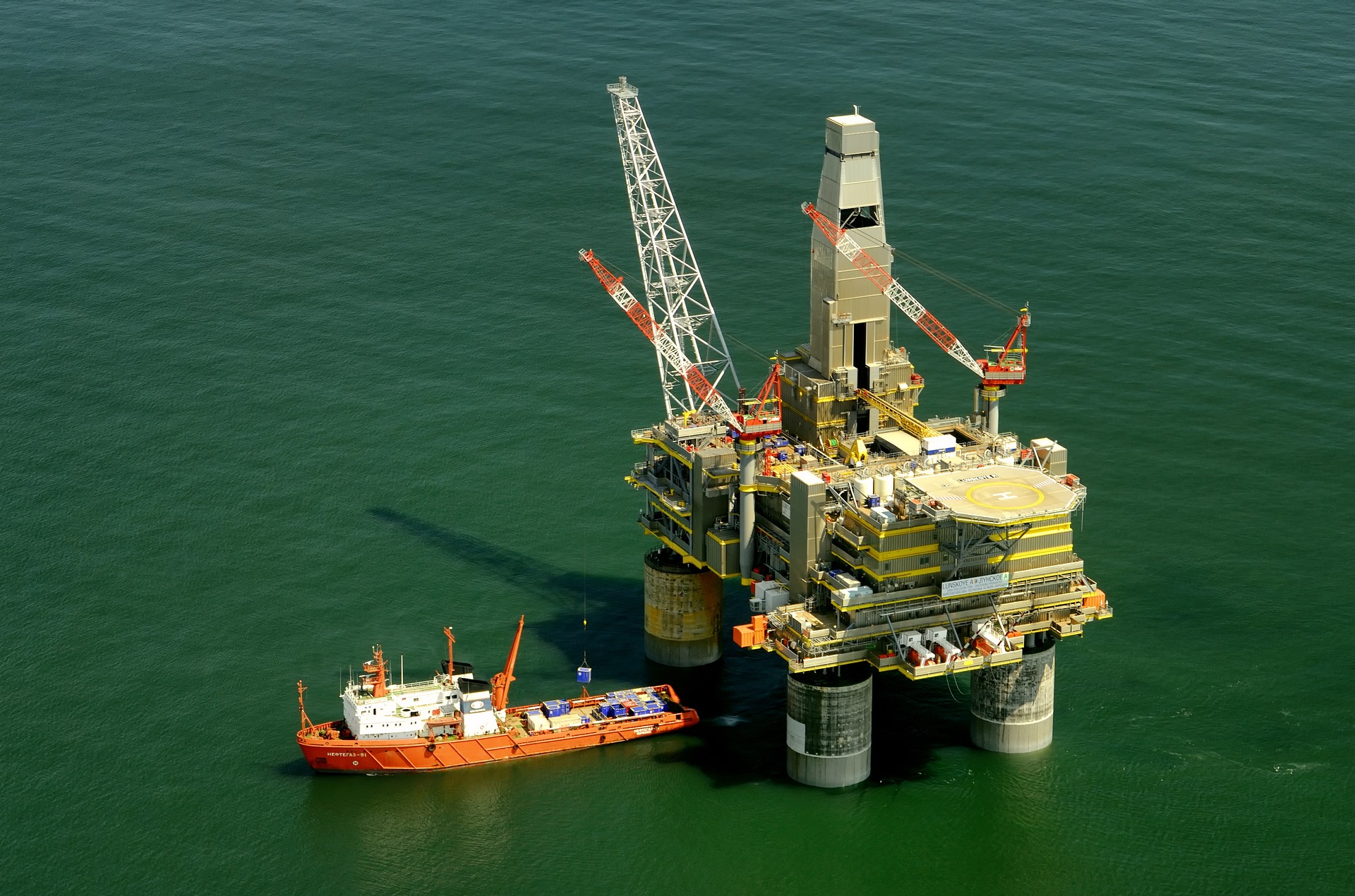Offshore Jobs: A Comprehensive Guide
Did you know that many offshore jobs may not require any prior experience? Dive into a variety of entry-level positions available in this promising sector, discover what qualifications can help you stand out, and learn how easy it can be to kickstart your career abroad today!

What Types of Entry-Level Offshore Jobs Are Available?
The offshore sector offers surprising accessibility for newcomers through various entry-level positions. Roustabouts serve as general laborers handling equipment maintenance, cleaning, and loading operations—perfect for those seeking a foot in the door. Galley hands and catering assistants manage food preparation and service, requiring minimal prior experience but strong work ethic. Scaffolders, painter/blasters, and general maintenance personnel are also frequently hired positions that offer hands-on training.
Entry-level administrative roles like document controllers and logistics coordinators provide office-based alternatives while still participating in offshore operations. Many companies offer trainee programs specifically designed to develop newcomers in technical areas like electrical work, mechanics, or instrumentation, making career transitions more accessible than commonly perceived.
What Qualifications Do You Need for Offshore Work?
While some positions require minimal formal qualifications, certain certifications significantly increase employability. The Basic Offshore Safety Induction and Emergency Training (BOSIET) certificate is nearly universal for offshore work, covering survival techniques, firefighting, and emergency response. Additional valuable certifications include Helicopter Underwater Escape Training (HUET), H2S training (hydrogen sulfide safety), and basic first aid.
Physical fitness requirements are standard, as offshore work often demands stamina and strength. Many employers require medical examinations to ensure candidates can handle the demanding environment. For technical roles, relevant vocational qualifications or apprenticeships in electrical, mechanical, or instrumentation fields are highly valued. While not always mandatory, experience in construction, military service, or maritime industries provides transferable skills that appeal to offshore employers.
Which Offshore Sectors Offer the Most Job Opportunities?
The oil and gas industry remains a significant employer, with positions spanning drilling operations, production platforms, and support vessels. Drilling contractors consistently hire for roles like roughnecks, derrickmen, and drillers, while production companies need process technicians, operators, and maintenance personnel.
Renewable energy represents the fastest-growing sector, with offshore wind farms requiring technicians, turbine specialists, and support staff. This green sector is expected to create thousands of new positions over the next decade. Marine and subsea operations need ROV (Remotely Operated Vehicle) pilots, divers, and vessel crew members.
Support services present additional opportunities, including catering, accommodation management, health and safety, and logistics coordination. The diversity across these sectors means job seekers can find positions aligned with their interests and aptitudes while enjoying the benefits of offshore work.
What Are the Typical Working Patterns and Compensation?
Offshore work typically follows a rotation schedule—commonly two weeks on followed by two or three weeks off (2:2 or 2:3 rotations). Some operations run 3:3 or 4:4 schedules, providing extended periods both at work and at home. During on-periods, 12-hour shifts are standard, with workers living aboard platforms, vessels, or installations.
Compensation packages are generally attractive, with entry-level positions often starting at $45,000-$65,000 annually, while experienced technical specialists and supervisors can earn $85,000-$150,000+. Beyond base salary, offshore workers typically receive comprehensive benefits including medical insurance, retirement plans, and sometimes profit sharing.
The tax advantages can be significant, with some positions qualifying for tax exemptions depending on time spent working outside home country waters. When calculating the true value of offshore work, consider that food, accommodation, and transportation to worksites are typically provided at no cost, substantially reducing living expenses.
What Are the Challenges and Benefits of Offshore Work?
Offshore positions offer unique advantages including compressed work schedules that provide extended time off—many workers enjoy several months of free time annually while earning full-time salaries. The international nature of offshore work presents opportunities to travel globally and experience diverse cultures and environments. Career advancement can happen rapidly, as the industry values practical skills and on-the-job performance.
However, these benefits come with distinct challenges. Extended periods away from family and friends can strain relationships and create feelings of isolation. The physical environment can be demanding—workers face harsh weather, confined living spaces, and limited recreational options. Safety remains a constant concern, with rigorous protocols necessary to manage risks associated with remote operations and industrial processes.
The lifestyle requires significant adjustment, with workers needing strong emotional resilience and self-care practices. Many veterans of offshore work develop strong bonds with colleagues, creating a second “offshore family” that helps navigate these challenges.
Which Companies Are Currently Hiring for Offshore Positions?
The offshore employment landscape includes major operators, contractors, and specialized service providers, each offering distinct advantages and position types.
| Company | Primary Sectors | Entry-Level Opportunities | Notable Benefits |
|---|---|---|---|
| Transocean | Drilling | Roustabouts, Assistant Drillers | Comprehensive training programs, global deployment |
| Schlumberger | Oilfield Services | Field Specialists, Maintenance Technicians | Career development paths, technical training |
| Ørsted | Renewable Energy | Wind Turbine Technicians, Marine Coordinators | Sustainability focus, growing sector |
| Subsea 7 | Subsea Engineering | ROV Trainees, Project Support | Advanced technology exposure, varied projects |
| Sodexo | Offshore Catering | Catering Assistants, Housekeeping | Entry without technical background, transferable skills |
| Maersk Drilling | Drilling Operations | Roughnecks, Mechanics | Structured advancement programs, international exposure |
Prices, rates, or cost estimates mentioned in this article are based on the latest available information but may change over time. Independent research is advised before making financial decisions.
While large companies offer stability and structured career paths, smaller specialized contractors often provide faster advancement opportunities and more varied experiences. Application strategies differ by company size—larger organizations typically use formal online recruitment systems, while smaller operations may value personal connections and direct approaches.
Many companies have recently expanded their recruitment efforts as the industry recovers from previous downturns, with particular growth in renewable energy, subsea robotics, and digitalization roles that combine offshore experience with technological skills.
Conclusion
Offshore employment offers a distinctive career path with competitive compensation, unique lifestyle benefits, and opportunities for advancement across multiple sectors. Entry-level positions provide accessible starting points with minimal experience requirements, while certifications like BOSIET significantly enhance employability. Whether in traditional oil and gas, emerging renewable energy, or specialized support services, offshore work continues to evolve, creating new opportunities for those willing to embrace its challenges and rewards.




